Home>diy>Building & Construction>How Much To Rent A Construction Dumpster
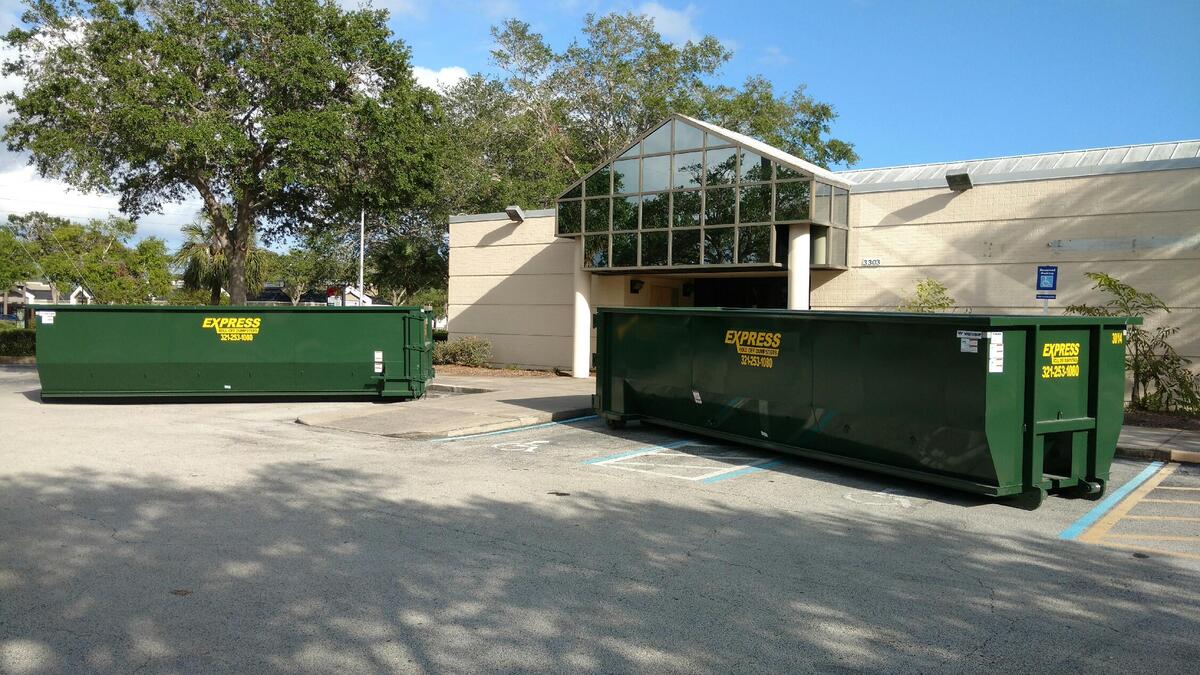

Building & Construction
How Much To Rent A Construction Dumpster
Modified: March 6, 2024
Get an accurate estimate on how much it will cost to rent a construction dumpster for your building construction project. Affordable rates and reliable service.
(Many of the links in this article redirect to a specific reviewed product. Your purchase of these products through affiliate links helps to generate commission for Storables.com, at no extra cost. Learn more)
Introduction
Welcome to the world of construction, where every project involves careful planning, hard work, and the inevitable accumulation of waste materials. Whether you’re working on a small renovation or a large-scale construction project, managing the debris is crucial for maintaining a safe and efficient work environment. That’s where construction dumpsters come into play.
A construction dumpster is a large container designed to hold all types of construction debris, such as wood, concrete, drywall, and other materials. These dumpsters are essential for keeping job sites clean and organized, preventing accidents and ensuring compliance with waste management regulations.
When it comes to renting a construction dumpster, one of the first questions that come to mind is, “How much will it cost?” The answer to that question depends on several factors, including the size of the dumpster, the duration of the rental, your location, and any additional charges or fees.
In this article, we will delve into the world of construction dumpster rentals, exploring the various factors that affect the costs, average rental prices, and ways to save money on your dumpster rental.
So, if you’re ready to dive into the world of construction waste management and learn how to make the most out of your dumpster rental, let’s get started!
Key Takeaways:
- Renting a construction dumpster involves considering factors like size, duration, location, and material type. Comparing quotes and planning ahead can help save money and manage construction waste effectively.
- To save money on construction dumpster rentals, choose the right size, plan ahead, compare quotes, maximize usage, consider recycling, be mindful of weight limits, and avoid excessive rental periods. Balancing cost-effectiveness and reliability is key.
Read more: How Much Is A Construction Dumpster
Factors That Affect Dumpster Rental Costs
When it comes to dumpster rental costs for construction projects, several factors come into play. Familiarizing yourself with these factors will help you make an informed decision and ensure that you get the best value for your money. Here are some of the key factors that affect dumpster rental costs:
- Size of the Dumpster: The size of the dumpster is one of the primary factors that determine the rental cost. Typically, dumpsters range from 10 cubic yards to 40 cubic yards in capacity. The larger the dumpster, the higher the rental cost. It’s important to assess your project’s needs and choose a size that can accommodate the amount of waste generated.
- Duration of the Rental: The length of time you need the dumpster will impact the rental cost. Most rental companies offer flexible rental periods, ranging from a few days to a few weeks. Bear in mind that extending the rental period may incur additional charges, so it’s essential to plan accordingly and estimate the duration required.
- Location: The location of your construction site plays a role in determining the rental cost. Dumpster rental costs may vary depending on the region, city, or even the neighborhood. Factors such as distance, availability, and local regulations can influence the pricing. It’s advisable to research and compare prices from different rental companies in your area.
- Type of Material: The type of construction debris you need to dispose of can also impact the rental cost. Certain types of waste, such as hazardous materials or electronic waste, may require specialized disposal methods, which can increase the rental cost. It’s crucial to communicate the specific type of waste to the rental company to ensure compliance and avoid any unexpected charges.
- Additional Services: Some dumpster rental companies offer additional services such as same-day delivery, scheduled pickups, or multiple pickups during the rental period. These services may come at an additional cost. Evaluate your project’s requirements and consider whether any additional services are necessary or if you can opt for a basic rental package.
By considering these factors, you can better understand the pricing structure and make an informed decision when it comes to renting a construction dumpster. Remember, it’s essential to communicate with the rental company, ask questions, and clarify any doubts regarding pricing, terms, and conditions.
Average Cost of Renting a Construction Dumpster
Now that we’ve explored the factors that affect dumpster rental costs, let’s delve into the average cost you can expect to pay when renting a construction dumpster. It’s important to note that these costs are approximate and can vary depending on your location, the rental company, and the specific details of your project.
The average cost of renting a construction dumpster can range from $300 to $800. This cost typically includes the rental period, delivery, and pick-up. However, some companies may charge additional fees for excessive weight, extended rental periods, or specialized waste disposal.
The size of the dumpster is one of the primary factors that influence the rental cost. Here’s a breakdown of the average cost range for different dumpster sizes:
- 10 cubic yards: $300-$400
- 20 cubic yards: $400-$500
- 30 cubic yards: $500-$600
- 40 cubic yards: $600-$800
Remember, these are just average cost ranges, and prices may vary depending on your location and other factors previously mentioned. It’s always a good idea to request quotes from multiple companies to compare prices and find the best deal.
Additionally, it’s important to inquire about any additional charges or fees that may apply. For example, if your dumpster exceeds the weight limit, you may incur overweight charges. Some rental companies may also charge for permits if they are required for placing the dumpster in a public area.
When budgeting for your construction project, consider not only the initial rental cost but also any potential additional charges. This will ensure that you have an accurate estimate of the total cost of renting a construction dumpster.
Keep in mind that rental prices may be subject to seasonal fluctuations and demand. It’s advisable to book your dumpster rental in advance to secure availability and potentially take advantage of any early booking discounts or promotions.
Now that you have a rough idea of the average costs involved, let’s explore some additional fees and charges that you should be aware of when renting a construction dumpster.
When renting a construction dumpster, consider the size you need based on the amount of debris. Also, check if there are any weight limits or prohibited items.
Additional Fees and Charges
When renting a construction dumpster, it’s important to be aware of any additional fees and charges that may apply. While rental companies may offer competitive base prices, there are certain factors that can lead to additional costs. Understanding these potential fees will help you avoid any surprises and budget accordingly for your project.
Here are some common additional fees and charges associated with construction dumpster rentals:
- Overweight Charges: Most dumpster rentals come with a weight limit. If you exceed this limit, you may incur additional fees. It’s crucial to carefully estimate the weight of the debris you’ll be disposing of to avoid surpassing the weight limit and incurring overweight charges.
- Extended Rental: If you need to extend the rental period beyond the agreed-upon time, you may be charged additional fees. It’s always a good idea to communicate your project timeline to the rental company upfront to determine the appropriate rental duration.
- Permit Fees: Depending on your location and local regulations, you may need a permit to place the dumpster in a public area, such as a street or sidewalk. The cost of obtaining the permit may be an additional expense that you’ll need to factor into your budget.
- Hazardous Waste Disposal: If you have any hazardous materials or electronic waste that needs to be disposed of, special handling and disposal may be required. This can result in additional charges due to the extra care and processes involved in handling these types of waste.
- Late Fees: Returning the dumpster late or not adhering to the agreed-upon pick-up schedule may result in late fees. It’s important to communicate with the rental company and coordinate the pick-up to avoid any unnecessary charges.
When considering a construction dumpster rental, it’s vital to read and understand the terms and conditions provided by the rental company. This will help you identify any potential additional fees and charges that may apply to your specific rental agreement.
To avoid unexpected costs, be upfront and transparent about your project’s needs. Communicate the type of debris you’ll be disposing of, the estimated weight, and any other relevant details to ensure the rental company can accurately quote you and provide an all-inclusive price.
By being proactive and knowledgeable about potential additional fees and charges, you can budget effectively and make informed decisions when renting a construction dumpster.
How to Save Money on Construction Dumpster Rentals
Construction projects can be expensive, and managing costs is essential for staying within budget. When it comes to renting a construction dumpster, here are some tips to help you save money:
- Choose the Right Size: Renting a dumpster that is too large for your project can result in unnecessary costs. Assess the amount of waste you’ll be generating and choose a size that best fits your needs. Opting for a slightly smaller dumpster can help you save on rental fees.
- Plan Ahead: By planning your project timeline in advance, you can avoid rush fees or last-minute bookings. Dumpster rental prices can increase during busy seasons, so scheduling early can help you secure a lower rate.
- Compare Quotes: Don’t settle for the first rental company you come across. Take the time to research and compare prices from various providers in your area. Request detailed quotes that clearly outline all costs to ensure you’re making an informed decision.
- Opt for Local Companies: Choosing a local dumpster rental company can save you money on transportation costs. Local businesses often have lower overhead expenses and can offer competitive prices.
- Maximize Dumpster Usage: Organize your debris efficiently to make the most of the dumpster’s capacity. Break down large items and compact materials when possible. By optimizing the space, you can potentially avoid needing an extra dumpster or incurring overweight charges.
- Consider Recycling: Separate materials that can be recycled, such as metal, wood, or concrete. Some rental companies offer reduced rates if a significant portion of the debris can be recycled. It’s an eco-friendly option that can also help you save money.
- Be Mindful of Weight Limits: Make sure you’re aware of the weight limit for your rental dumpster. Avoid overloading it to prevent incurring overweight charges. If you anticipate exceeding the weight limit, consider renting a larger dumpster upfront to avoid additional fees.
- Avoid Excessive Rental Periods: Carefully estimate the timeframe you’ll need the dumpster. Overestimating your rental period can result in unnecessary costs. Communicate your project timeline to the rental company to ensure you rent the dumpster for the appropriate duration.
Remember, saving money on construction dumpster rentals isn’t just about finding the cheapest option. It’s also important to consider the quality of service, reliability of the rental company, and the convenience they offer.
By being proactive, doing your research, and making strategic choices throughout the rental process, you can save money while still effectively managing your construction waste.
Read more: How To Rent Construction Equipment
Conclusion
Renting a construction dumpster is an essential part of managing waste on any construction project. By understanding the factors that affect dumpster rental costs and being aware of potential additional fees and charges, you can make informed decisions and budget effectively for your project.
When it comes to renting a construction dumpster, it’s important to consider the size of the dumpster, the duration of the rental, your location, the type of material being disposed of, and any additional services required. By carefully assessing these factors and comparing quotes from different rental companies, you can find the most cost-effective option.
To save money on construction dumpster rentals, it’s advisable to choose the right size dumpster for your needs, plan ahead to avoid rush fees, compare quotes from local companies, maximize dumpster usage by organizing debris efficiently, consider recycling options, be mindful of weight limits, and avoid excessive rental periods.
Remember, while cost is important, it’s also crucial to prioritize the quality of service, reliability of the rental company, and the convenience they offer. By striking a balance between cost-effectiveness and reliability, you can ensure a smooth and efficient waste management process during your construction project.
Now that you have a better understanding of construction dumpster rental costs and how to save money, you can confidently navigate the process and make informed decisions. So, go ahead, tackle your construction waste, and create a cleaner and safer job site!
Frequently Asked Questions about How Much To Rent A Construction Dumpster
Was this page helpful?
At Storables.com, we guarantee accurate and reliable information. Our content, validated by Expert Board Contributors, is crafted following stringent Editorial Policies. We're committed to providing you with well-researched, expert-backed insights for all your informational needs.

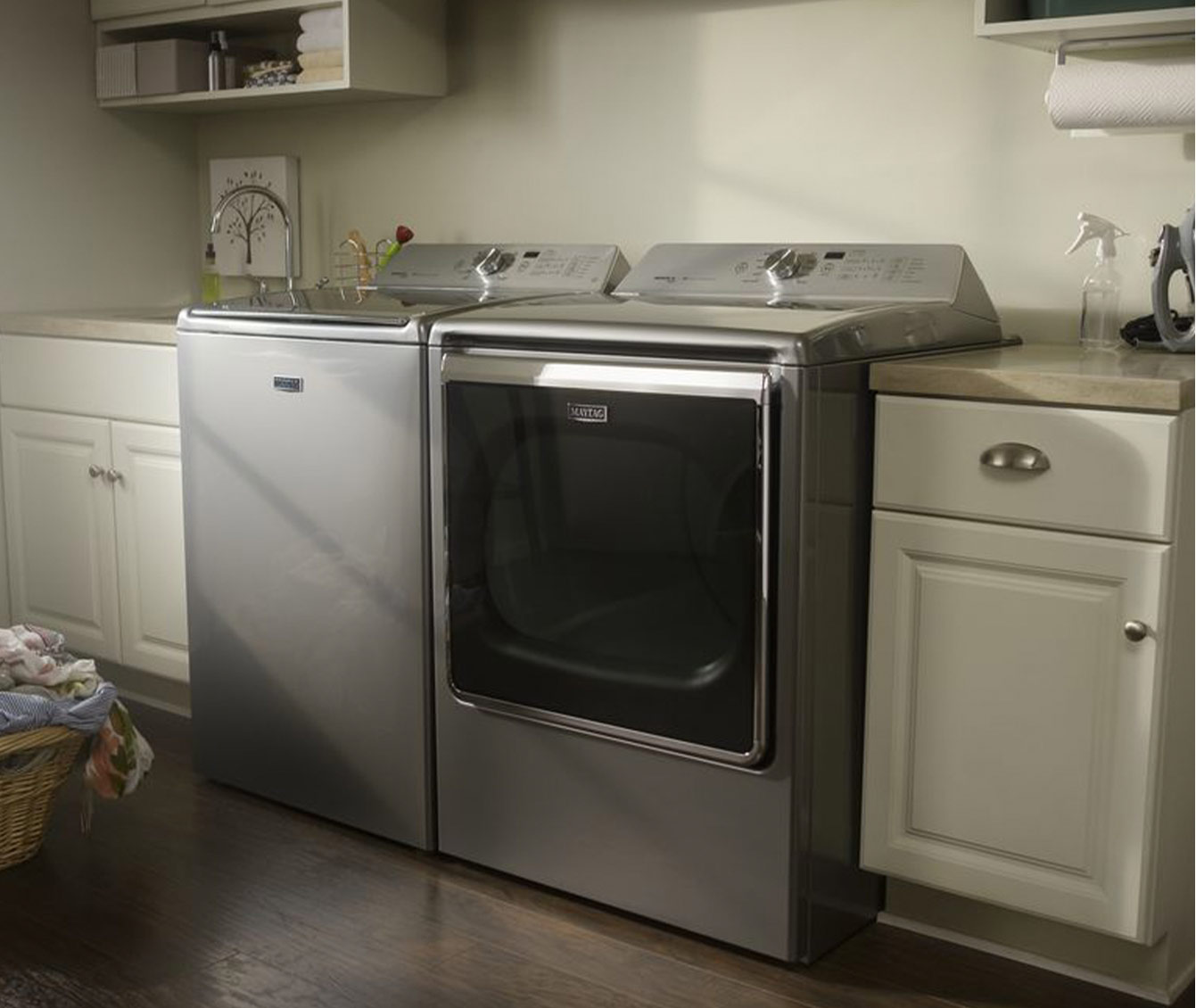
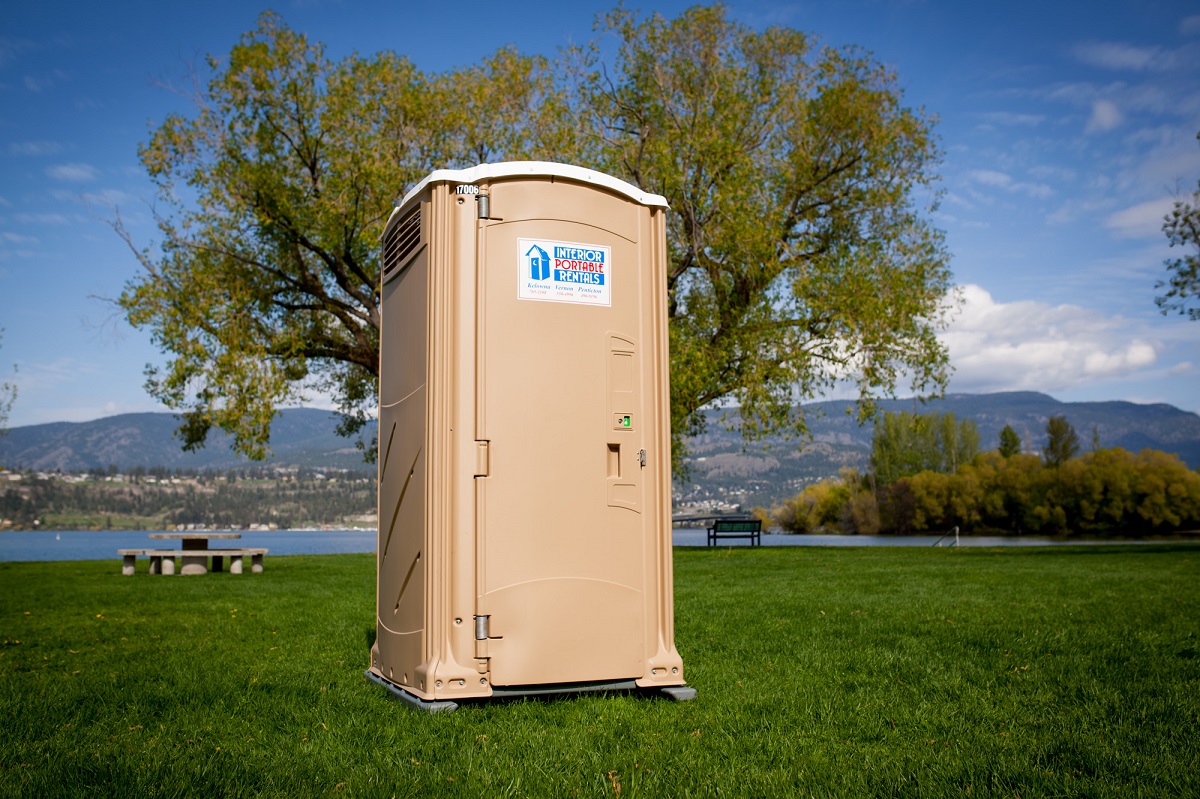
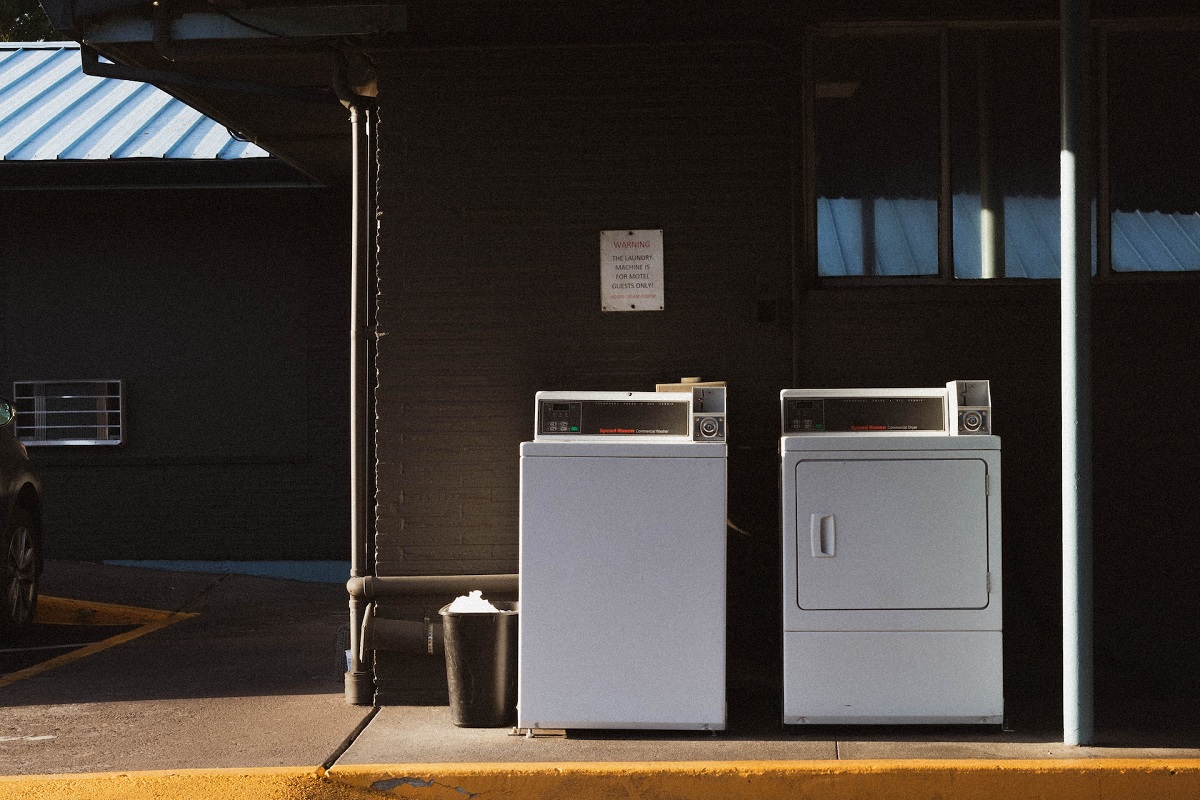

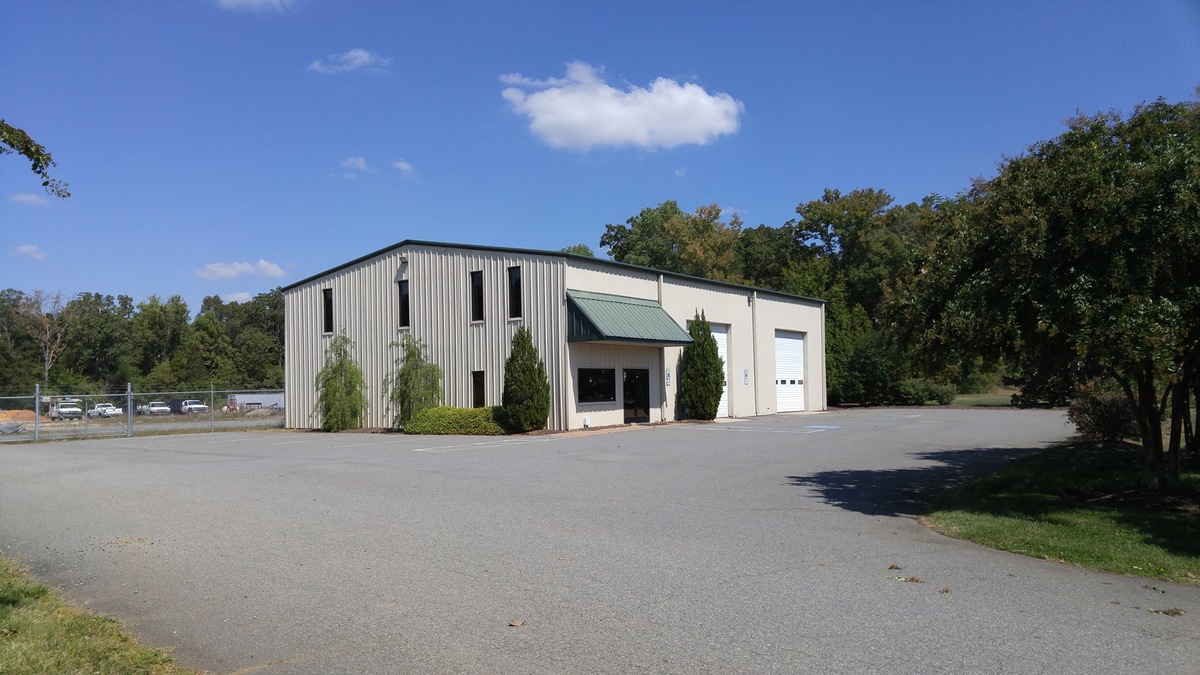
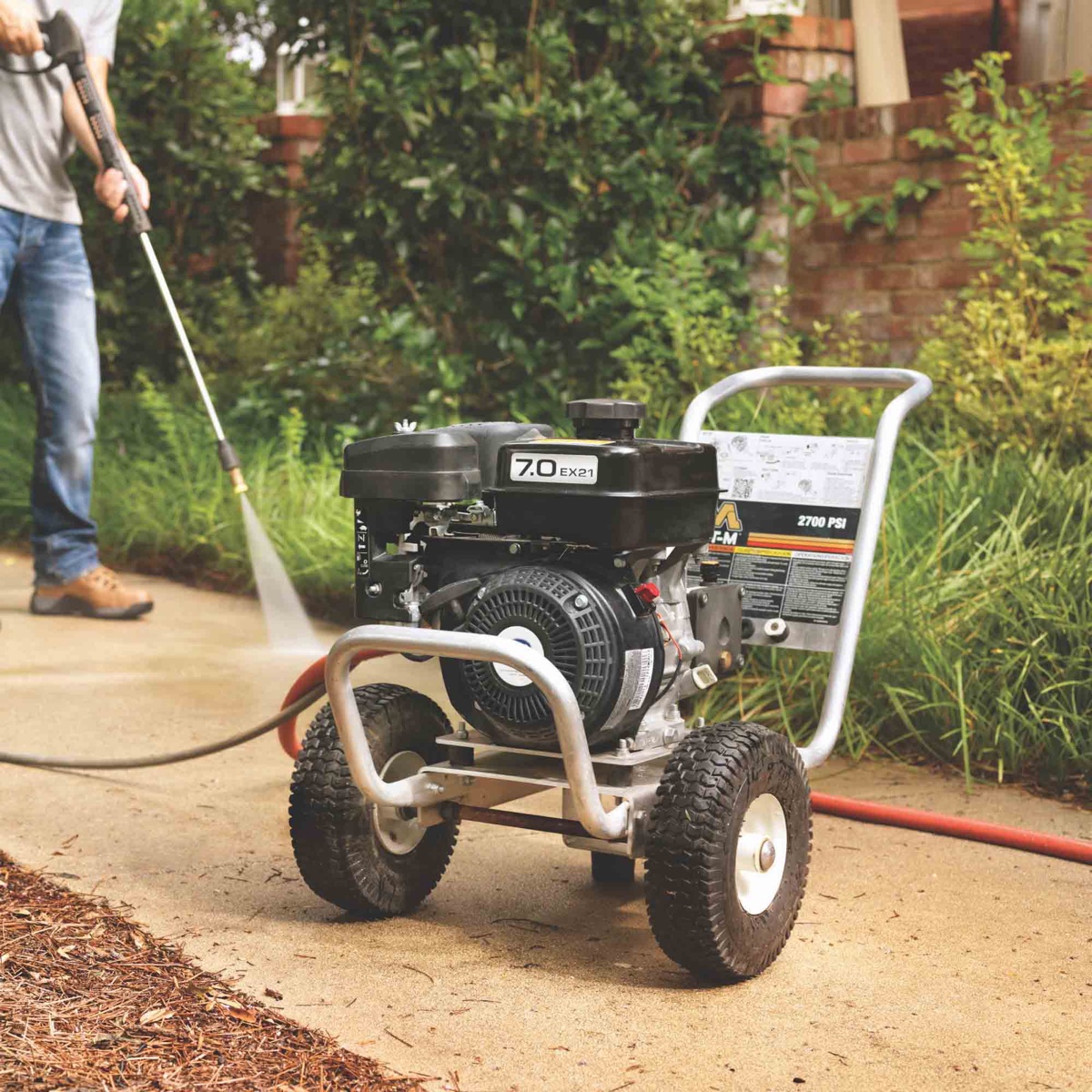
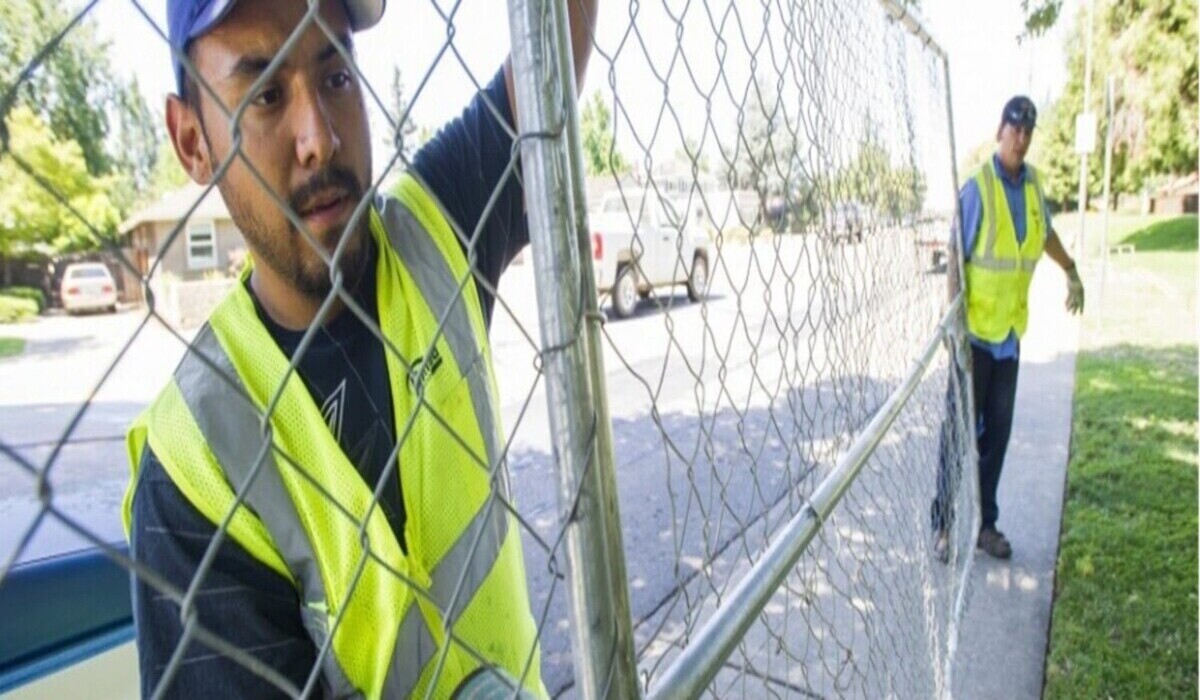
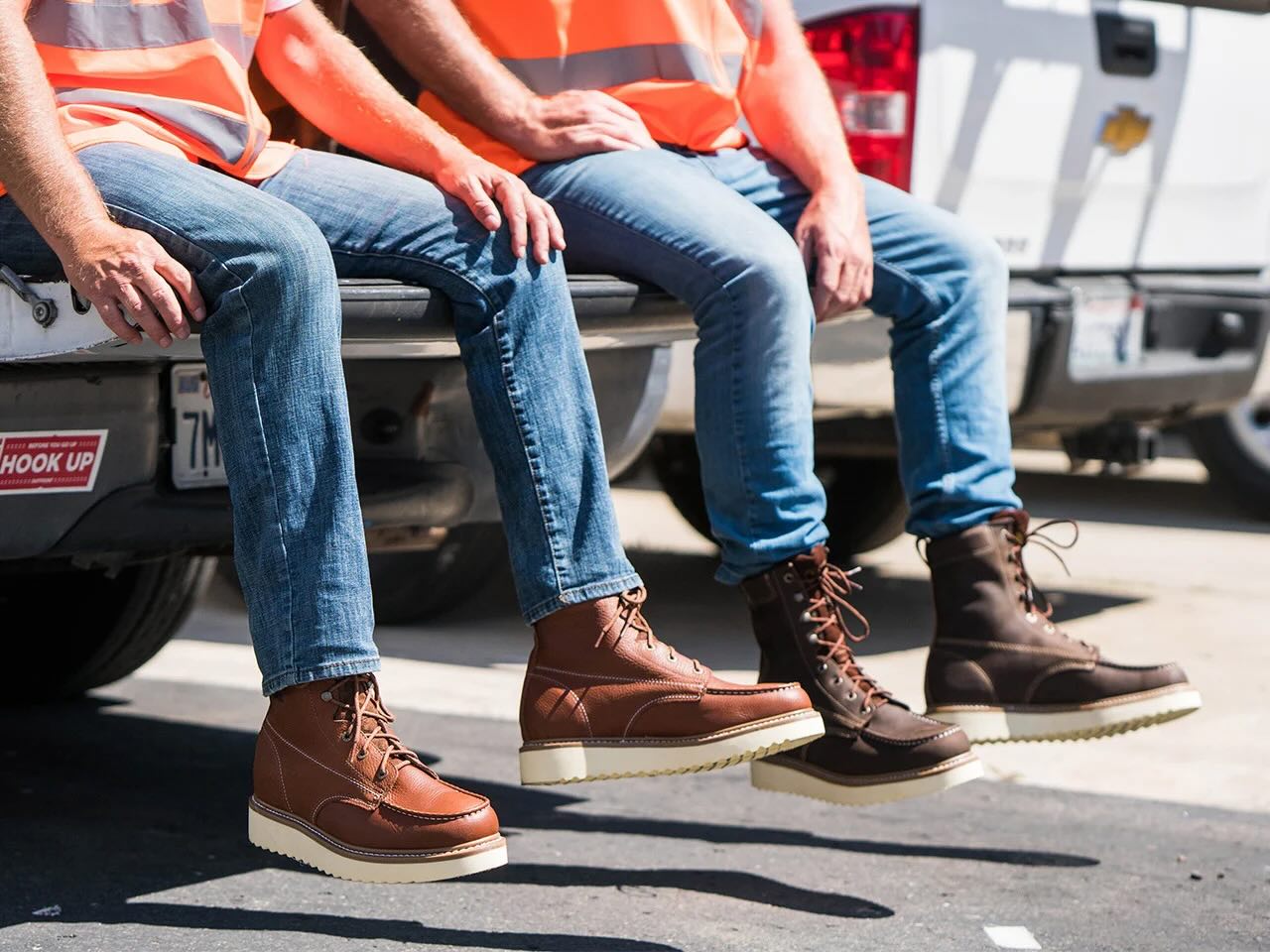
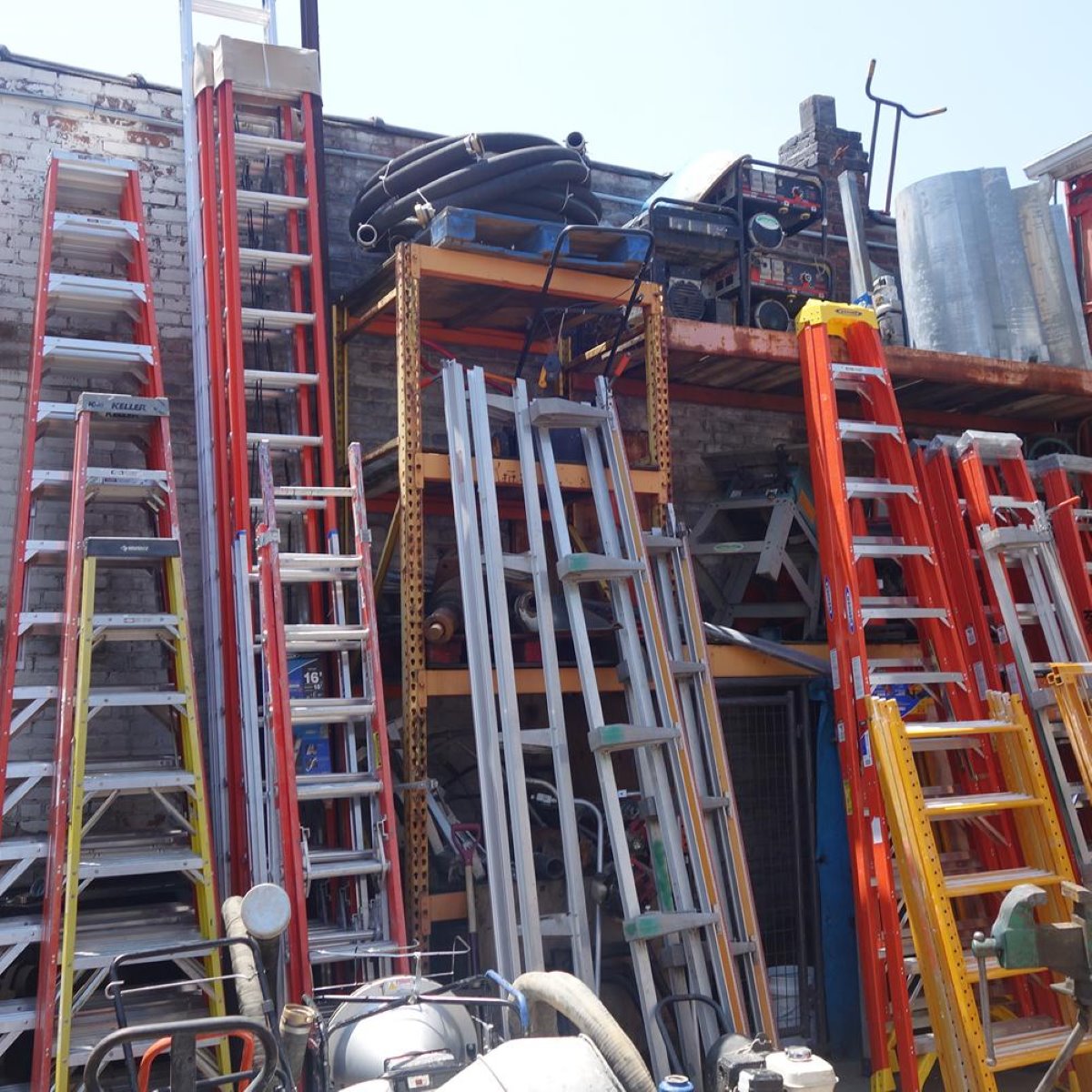
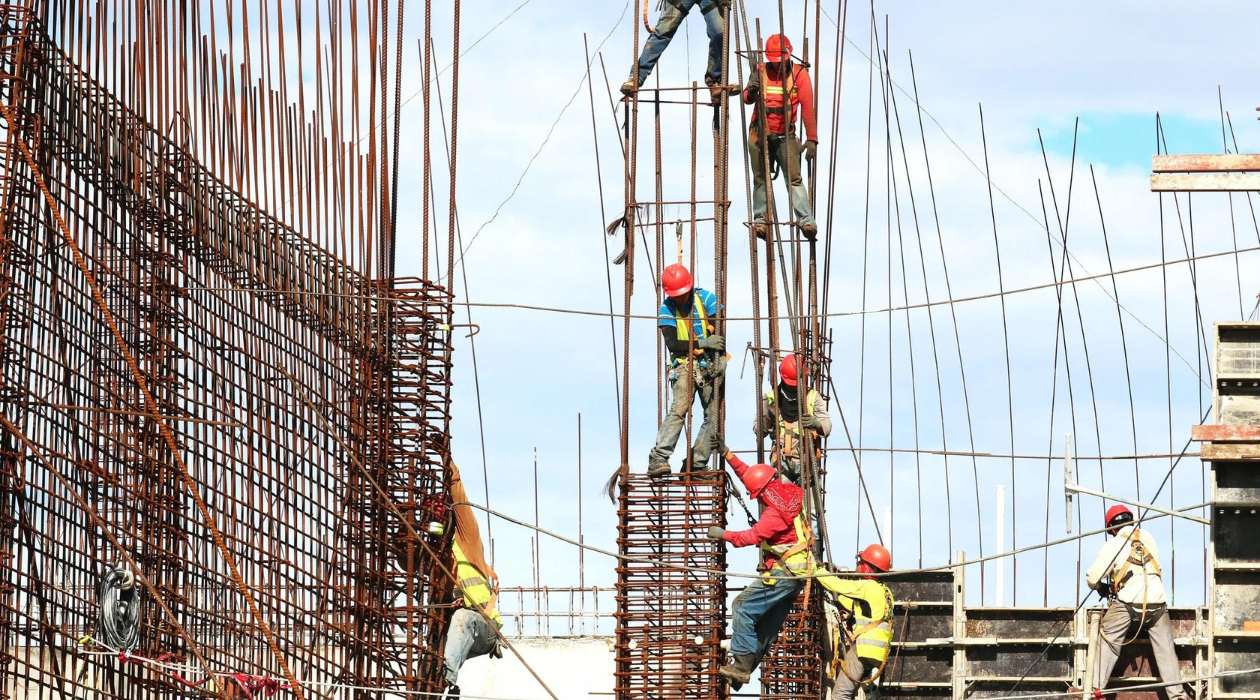
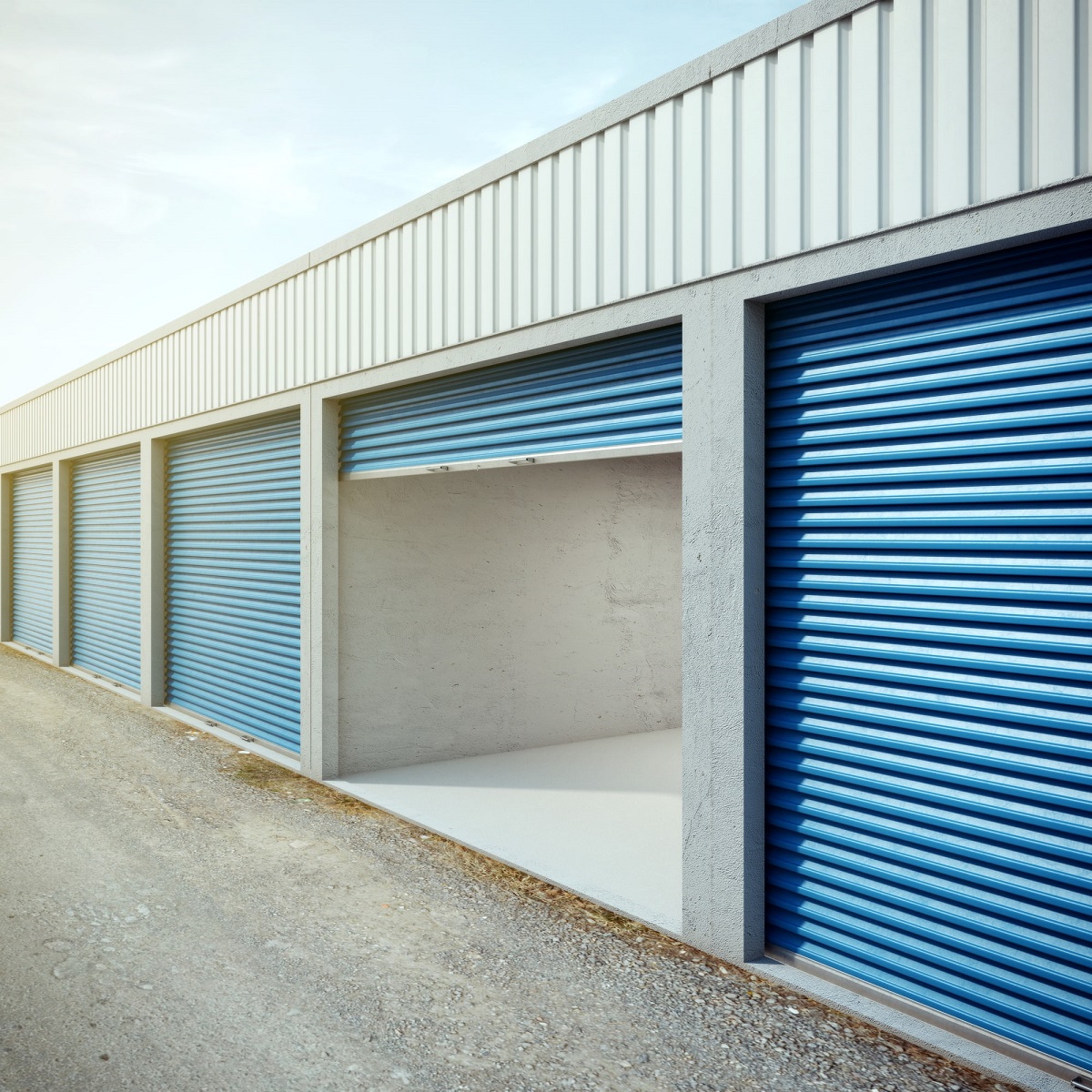
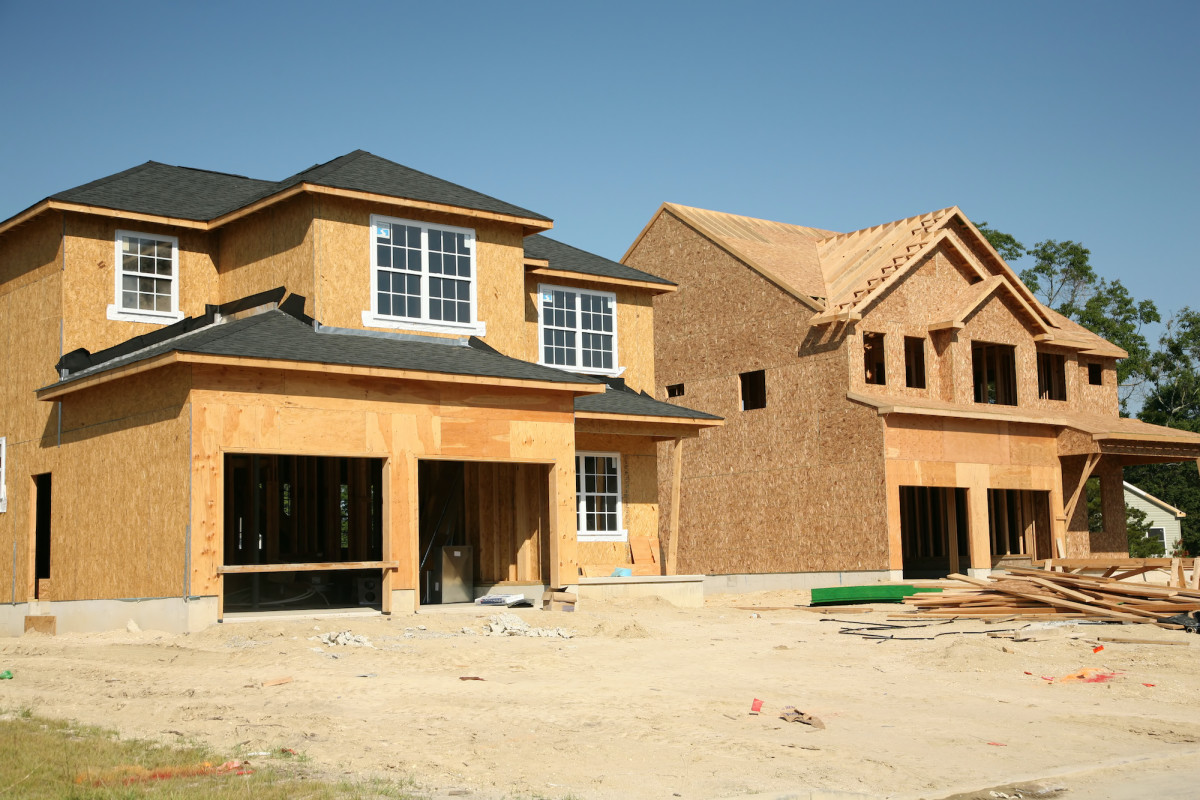
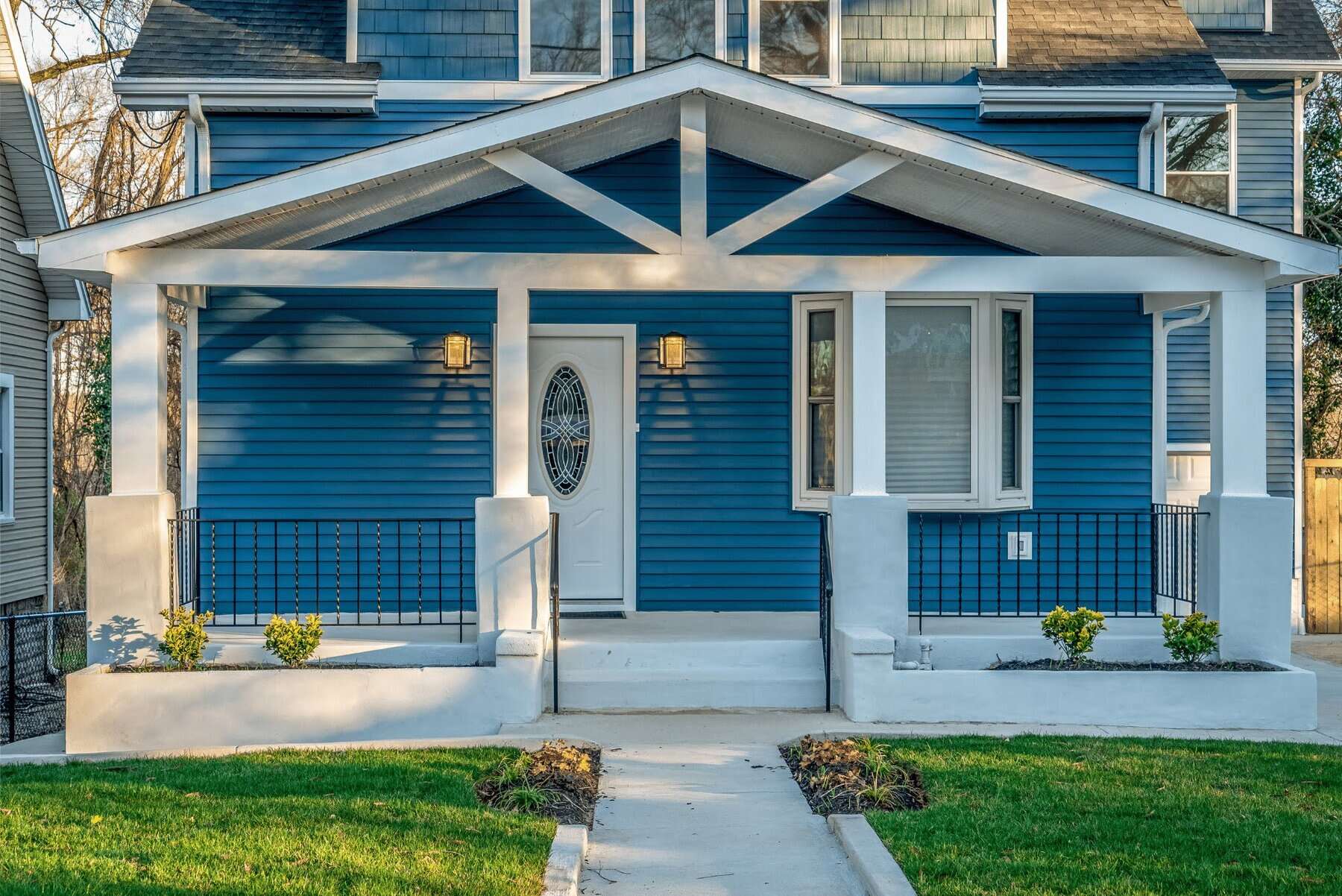

0 thoughts on “How Much To Rent A Construction Dumpster”